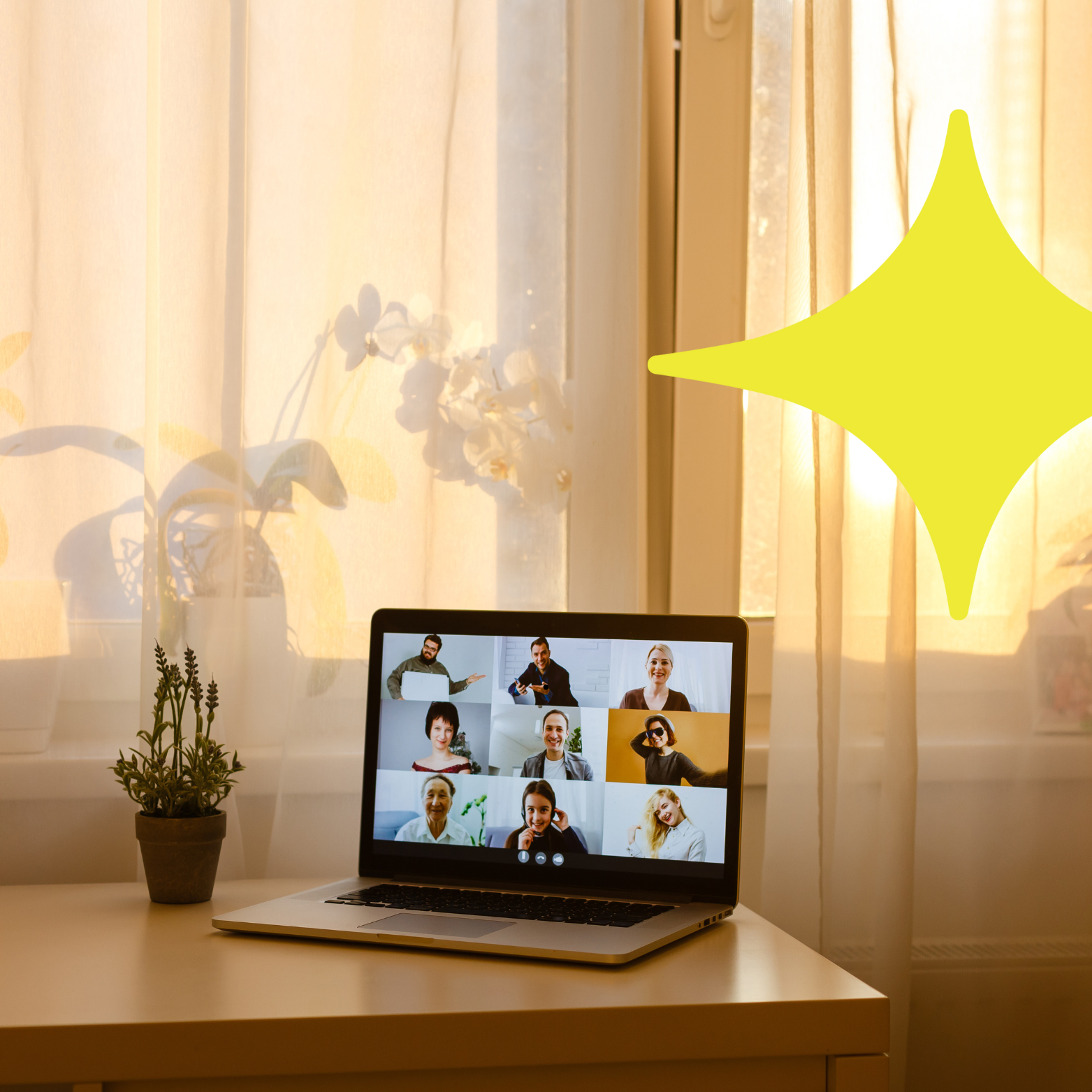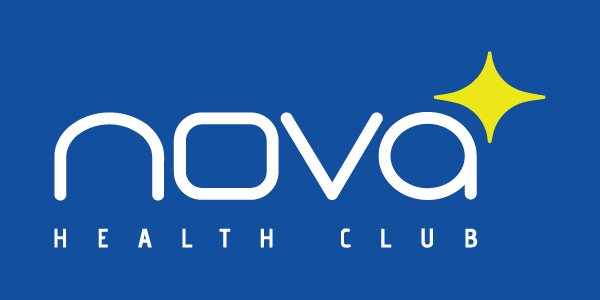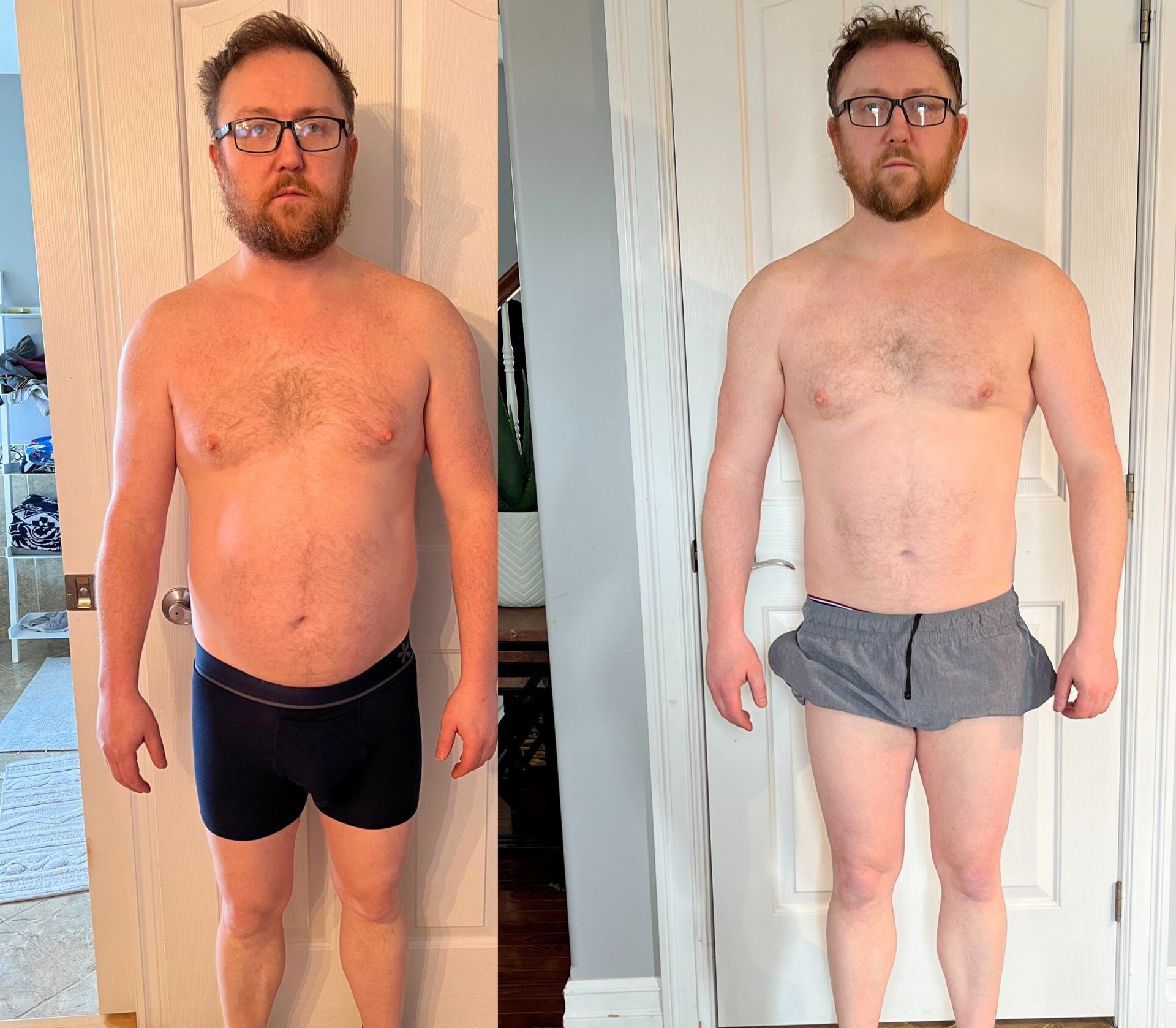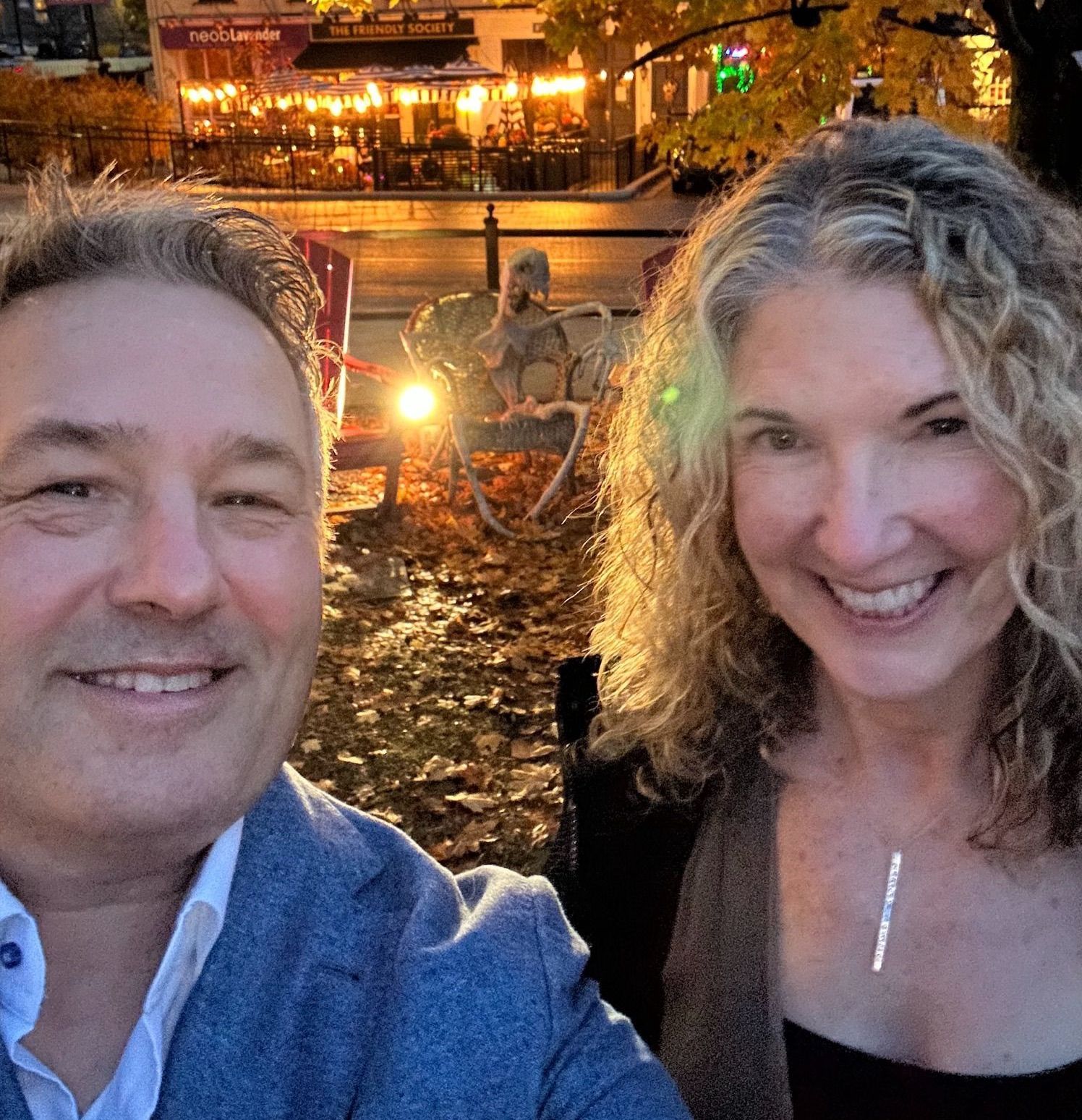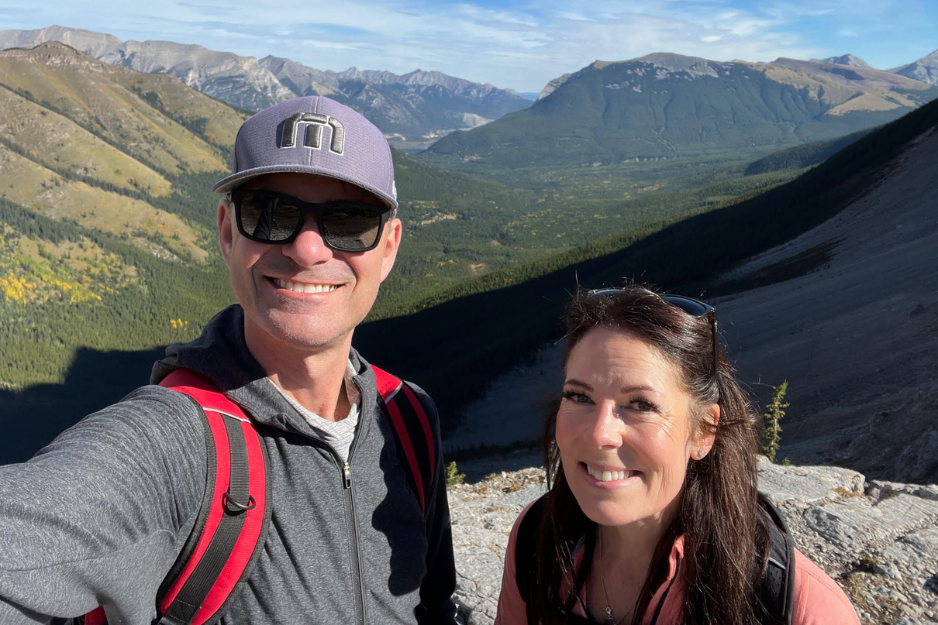Hard Work vs. Smart Work
10 Simple Things You Can Do To Work Smart and Improve Performance/Results
Does hard work really pay off? Should there really be pain before gain?
To earn more do I have to work more?
Does more training equal more results?
These are some ideas I have personally wrestled with over recent years and I have come to realize, through my own experience that hard/more work has limits in what positive results it can produce. But why are we so ingrained in the belief that to get more we have to work more and harder?
We are products of our environment. As children, we are taught by our leaders (parents, teachers, etc) that we need to work hard to get what we want in life.
1) Sleep 7 to 9 hours a night. Turning the lights off earlier is the secret.
2) Try napping. It’s ok not to fall asleep. Just letting the body and mind rest is great.
3) Meditate. This clears the mind and elevates mental stress.
4) Breathe. Even 5 deep breaths can help activate the parasympathetic nervous system.
5) Delete or delegate tasks coming onto your to-do list.
6) Stretch or massage the muscles that are working hard during exercise.
7) Eat slower. Eat while being still and not working.
8) Pay attention to energy levels by stopping more often to self assess your feelings.
9) Hire an exercise coach to help you maximize your hours of training.
10) Hire a nutrition specialist for calorie and macronutrient requirements that improve recovery.
“I Want to See You Dripping in Sweat”
I played hockey and basketball growing up and remember more about pushing my physical limits than about resting the body. My hockey coach always said “dripping in sweat” is the indicator of whether you played well or not. I suppose to “drip in sweat” you do have to work much harder than usual. My parents too would make sure that I did not sleep in because you can not accomplish chores and work when sleeping. And to make it to University, you had to have high grades. Well if you were like me in school, having an above 80 average took a lot of hard work.
“Work Hard Get Rewarded”
As a young man early in my career my employer further pushed the concept of hard work in order to reap the reward. I worked with a lot of competitive athletes at the time and often heard the phrase ‘suck it up’ and ‘you can sleep when you’re dead.’ Even at parties, you would be made fun of if you were the first to leave or fall asleep. For some strange reason, being able to work 12+ hour days, stay up late, get up early and train hard in the gym was celebrated and held in high regard.
Even the business books I read as a young manager spoke about success without sleep and 60-80hr work weeks. This mentality was deeply ingrained everywhere I went. And I believed it.
"Mind Over Matter"
It’s mind over matter...until you crash. And I DID! There is only so much the physical body can take in a physical world of pushing hard in the gym, multitasking, taking on more hours at work, staying up late partying, and adding more goals (things) onto your list. In the physical world we live in we use our muscles, organs, brain, nervous system and other parts of the body for each thing we do.
Having a strong mind is important for discipline, self-motivation and to push through the pain (‘Mind Over Matter’) but having a smart mind is even more important as it will tell you when enough is enough and what activities yield more than other activities. Developing this ‘smart work’ outlook is not taught nor is it given much recognition in our modern society. In a world where more, bigger, and faster are rewarded and encouraged it is very difficult for one to cultivate a mindset of:
a) limits that respect what the body is capable of and what it is not along with
b) activities that yield more compared to other activities
I am an optimist that always has believed that the sky is the limit and the body is capable of anything. But it is NOT capable of everything at once. This is what we need to learn and respect. We must know when to push and when to ease back. It is a balance that has nothing to do with being ‘new age’ or anecdotal but rather proven through the biology of the human body.
As a human, we have a nervous system that allows us to maintain homeostasis. Homeostasis is the natural balance our body always comes back to. There are two basic pathways of our nervous system.
One is the sympathetic nervous system which responds to stressors that help us push when we need to (fight or flight). Stressors, such as a challenging workout naturally take us out of homeostasis. Stressors like this can be good as they allow us to adapt by getting stronger. Or the occasional long workday to get a project done is a good stress when rest is coupled after the work bouts. Stress is a good thing when we can adapt to it. But adapting to stress requires rest.
The second is the parasympathetic nervous system which helps us to recover from stress to become stronger. This system allows for rest, recovery, and digestion. If you want to become stronger, more fit, resilient at anything in life you need to activate both nervous systems.
The problem is we do not respect our parasympathetic nervous system the way we should. We are in go mode using the sympathetic nervous system for most of the day. A typical day for many is to wake early, eat fast, fly out the door (or straight to the computer if you are working from home), use mental and physical energy all day long, workout hard, go back to work, eat at the desk (or on the move), and then stay up to watch the TV beyond our bedtime. Come the weekend, which was designed for rest, we are often just as busy.
Some people do a great job of allowing their parasympathetic nervous system to kick in. These people eat while sitting down, take time to digest after a meal, meditate before a workout, cool down after a workout, focus on only the essential tasks, create strict work schedules and go to bed on time allowing a full night's rest. These same people choose activities wisely, pausing to discern what is essential or not and listen to their bodies when they workout rather than believe every workout has to be harder than the last.
In terms of exercise, almost everything you see in the media says that to be healthy and fit (to reach your goals) takes a lot of hard work. For example, if you want to be lean and muscular you need to work out 5+ times a week at high intensity and to cut calories. This type of hard work has its limits and in the long term will not reap the benefits you want. Most people are not professional athletes nor are they getting paid to have a flat stomach for advertising. These people have average lives with careers and families that have a lot more stress variables outside of exercise and typically are the ones who do not understand how the parasympathetic nervous system works (rest, relax, digest). Instead, they go, go, go. Professional athletes and fitness models on the other hand are paid to perform and look a certain way and they know how to rest their bodies. To look and perform in the way they want, they practice recovery. The fittest people know this like no other. So why is it a secret? Why do they not tell us that rest is a secret ingredient in success? I suppose it just does not sell as well as the latest high-intensity interval (HIIT) workout does. Who wants to see an athlete sleeping on Instagram anyway? It won’t get as many likes compared to showcasing an over the top workout with muscles and abs showing.
The important thing to remember is that most of us will never suffer from over training but rather under-recovery.
Recovery is the key and understanding how your nervous system works is so important to your success. It is a balance between push and rest. This goes for getting results in exercise, at work or at home. Pushing hard will only get you so far for so long. While you can push hard in your workouts and at work to get some results, it will not be sustainable if you do not practice recovery. Failure to permit rest can come back in the form of fatigue, inability to perform, lack of results or even disease. By knowing when to rest will allow you to make the most of your ‘go’ time and sustain the results you want for a lifetime. This takes a mindset of discipline as we often tend to be humans constantly doing in a world that celebrates business and ignores rest.
Yes, there is a time for intermittent hard work but more often than not it is the smart work of knowing your limits, allowing rest, and choosing the right activities. By choosing activities wisely and practicing rest, you will find that you do not need to go hard every day and that working smarter will lead to doing less that can result in more.
Ten Simple Things You Can Do To Work Smart and Improve Performance/Results
1) Sleep 7 to 9 hours a night. Turning the lights off earlier is the secret.
2) Try napping. It’s ok not to fall asleep. Just letting the body and mind rest is great.
3) Meditate. This clears the mind and elevates mental stress.
4) Breathe. Even 5 deep breaths can help activate the parasympathetic nervous system.
5) Delete or delegate tasks coming onto your to-do list.
6) Stretch or massage the muscles that are working hard during exercise.
7) Eat slower. Eat while being still and not working.
8) Pay attention to energy levels by stopping more often to self assess your feelings.
9) Hire an exercise coach to help you maximize your hours of training.
10) Hire a nutrition specialist for calorie and macronutrient requirements that improve recovery.



